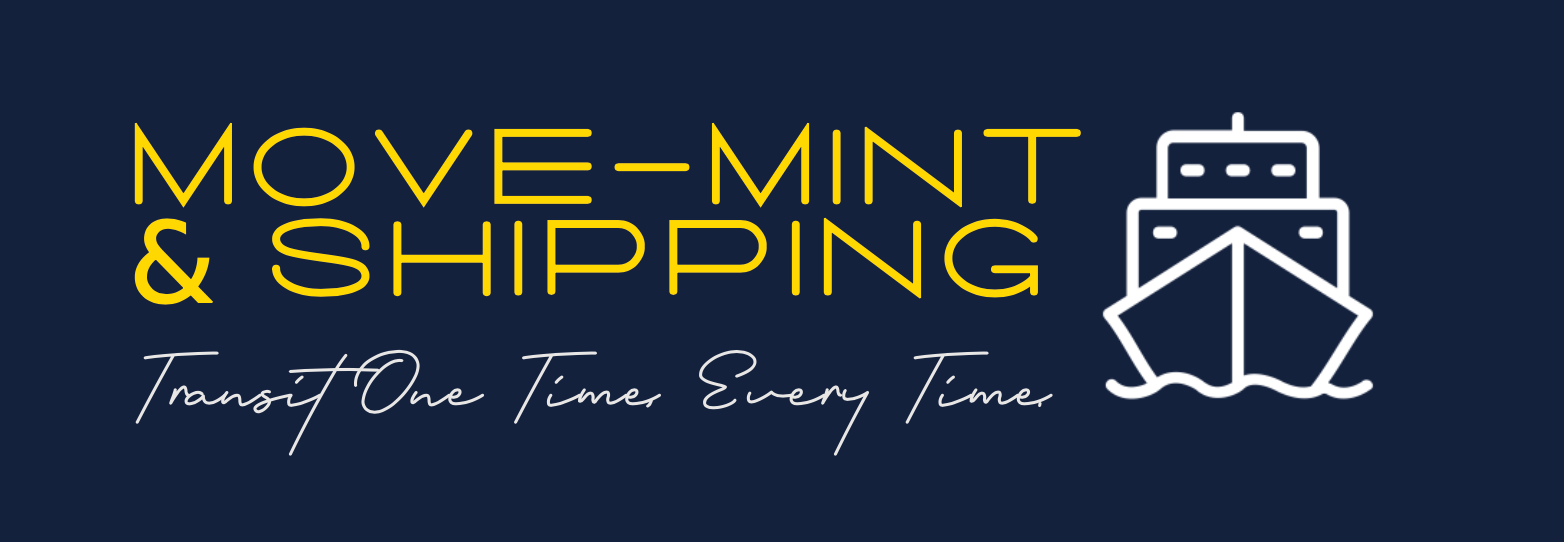
New Careers in Freight Forwarding in the Digital Age
- In the digital age, the traditional role of freight forwarders is rapidly evolving, giving rise to new careers and skill sets within the transport and logistics sector. Digitalization is not only transforming operational processes but also reshaping the professional profiles required to meet the demands of a continuously changing market. This article explores the emerging careers in freight forwarding in the digital era, highlighting their responsibilities, required skills, and the opportunities they offer.
In the digital age, the future of freight forwarding is paved with innovation and new opportunities.
With Digitalization, Every Freight Forwarder Becomes a Strategist of Efficiency, Turning Processes into Intelligent Systems
Role and Responsibilities
Digital Supply Chain Manager: This professional is responsible for implementing and optimizing digital technologies throughout the supply chain. They oversee the integration of systems such as Transportation Management Systems (TMS), Supply Chain Management (SCM) tools, and real-time tracking solutions.
Required Skills
Key skills include a deep understanding of IT systems and logistics technologies, as well as the ability to analyze complex data for strategic decision-making. Project management experience and knowledge of current technological trends are also essential.
Opportunities
Digital Supply Chain Managers play a crucial role in optimizing operations and improving visibility. They are in demand to help companies leverage new technologies and remain competitive in a globalized market.
Role and Responsibilities
Logistics Data Analyst: This role involves using advanced analytical tools to interpret data related to transport and logistics operations. They are tasked with extracting relevant information from large datasets, identifying trends, and providing recommendations based on thorough analysis.
Required Skills
A solid understanding of data analysis tools, statistical skills, and predictive modeling is essential. Proficiency in data analysis software, such as Python, R, or Business Intelligence (BI) solutions, is also required.
Opportunities
With the growing volume of data generated by digital technologies, logistics data analysts are increasingly sought after to enhance operational efficiency and optimize strategic decision-making.
Role and Responsibilities
Logistics Data Security Specialist: This role focuses on protecting sensitive information within supply chain management systems. They implement security protocols, monitor potential threats, and ensure compliance with data protection regulations, such as GDPR.
Required Skills
Skills in cybersecurity, a deep knowledge of data protection regulations, and expertise in risk management are crucial. The ability to use security tools and understand emerging threats is also important.
Opportunities
Data security is a growing concern in the logistics sector, offering exciting opportunities for specialists who can protect critical information from cyberattacks and breaches.
Role and Responsibilities
Digital Transformation Consultant: This professional assists freight forwarding companies in adopting and integrating new technologies. They assess business needs, propose suitable digital solutions, and guide the implementation of technological projects to enhance processes and performance.
Required Skills
Skills in change management, needs analysis, and project management are essential. A deep understanding of relevant digital technologies and the ability to align with strategic business objectives are also necessary.
Opportunities
Digital Transformation Consultants play a key role in guiding companies towards greater digitalization, helping them improve efficiency and competitiveness in a constantly evolving environment.
Role and Responsibilities
Digital Customer Relationship Manager: This role focuses on managing customer interactions through digital channels. They use Customer Relationship Management (CRM) tools to track requests, resolve issues, and enhance the customer experience.
Required Skills
Expertise in customer relationship management, digital communication skills, and knowledge of CRM tools are necessary. The ability to analyze customer feedback and adapt strategies accordingly is also crucial.
Opportunities
With the growing importance of customer experience, Digital Customer Relationship Managers are vital for maintaining strong client relationships, responding promptly to their needs, and improving overall satisfaction.
Digitalization of the supply chain is an irreversible trend that profoundly transforms the role of freight forwarders. By adapting to these changes and investing in new technologies, freight forwarders can enhance their competitiveness and provide increasingly effective services to their clients.
Author
Flore KOUAMERelated posts
Technologies Revolutionizing the Supply Chain: Insights from IKOUROX TRANSIT
The key to thriving in transit is not just moving goods, but moving clients to s
Our Progress
Lorem ipsum dolor sit amet, consectetur adipiscing elit. In augue ligula, feugia
The Challenges of Digitalization for Freight Forwarding Companies: Insights from Mr. Mourad Aichaoui of IKOUROX GROUP
The measure of a great transit company is the level of its customers' happiness




Leave a Reply